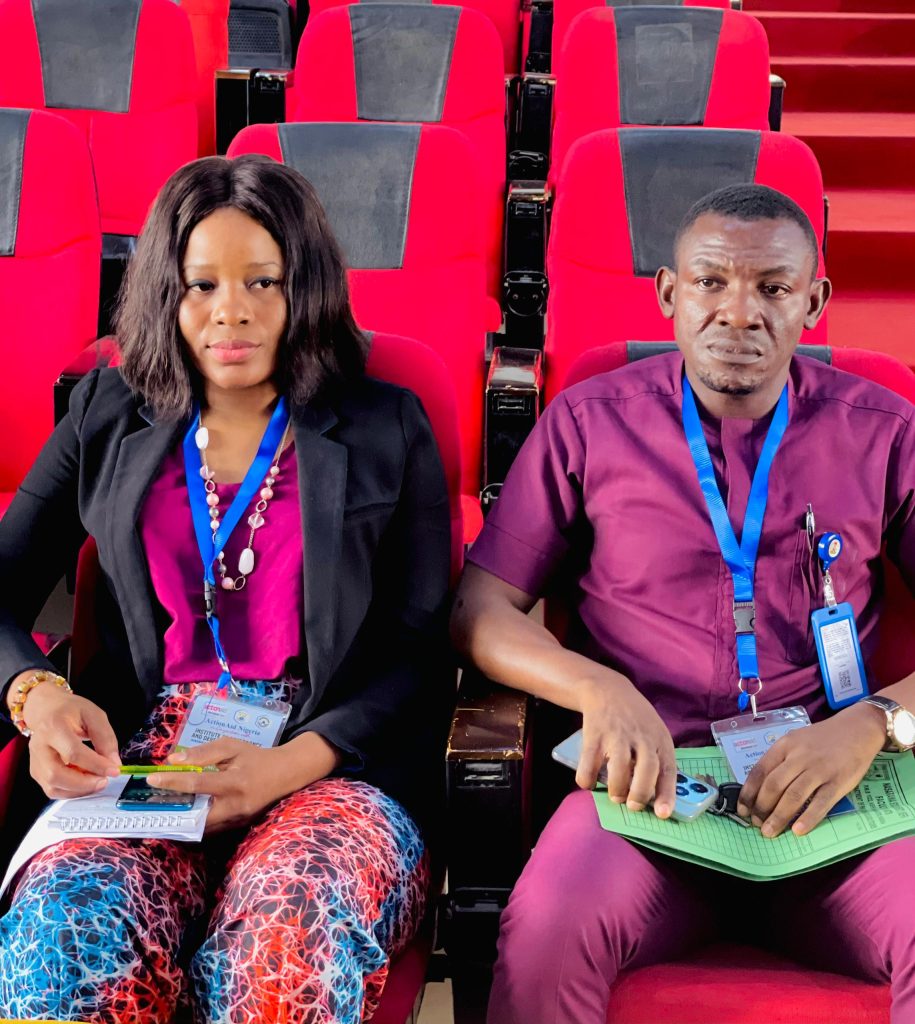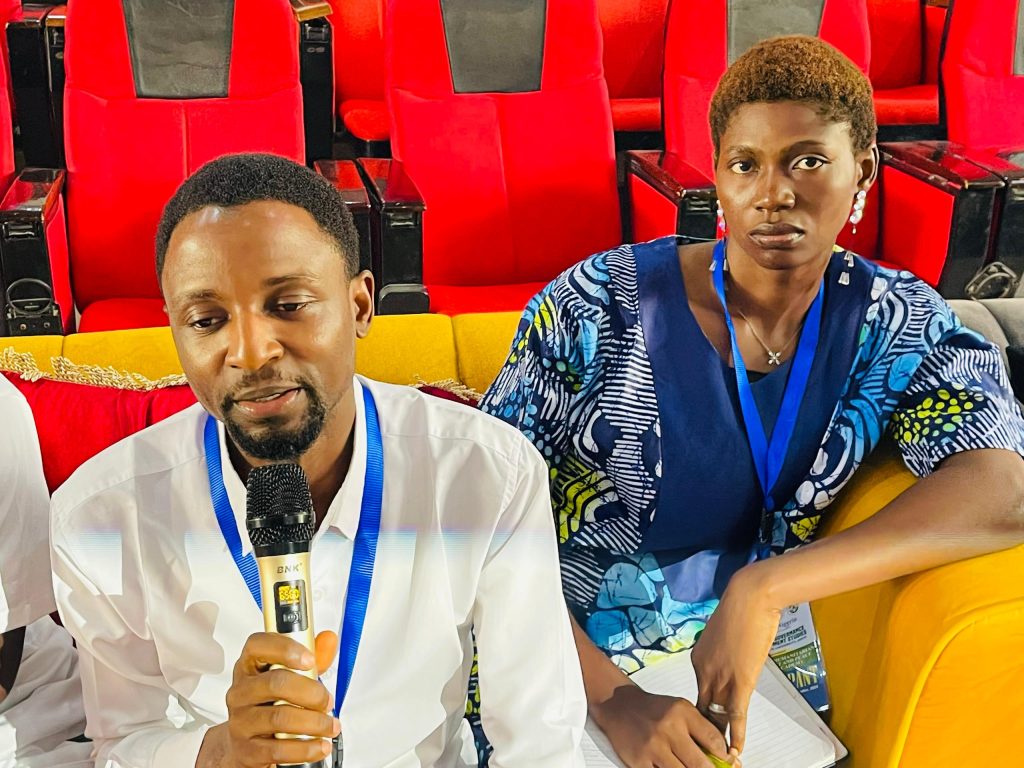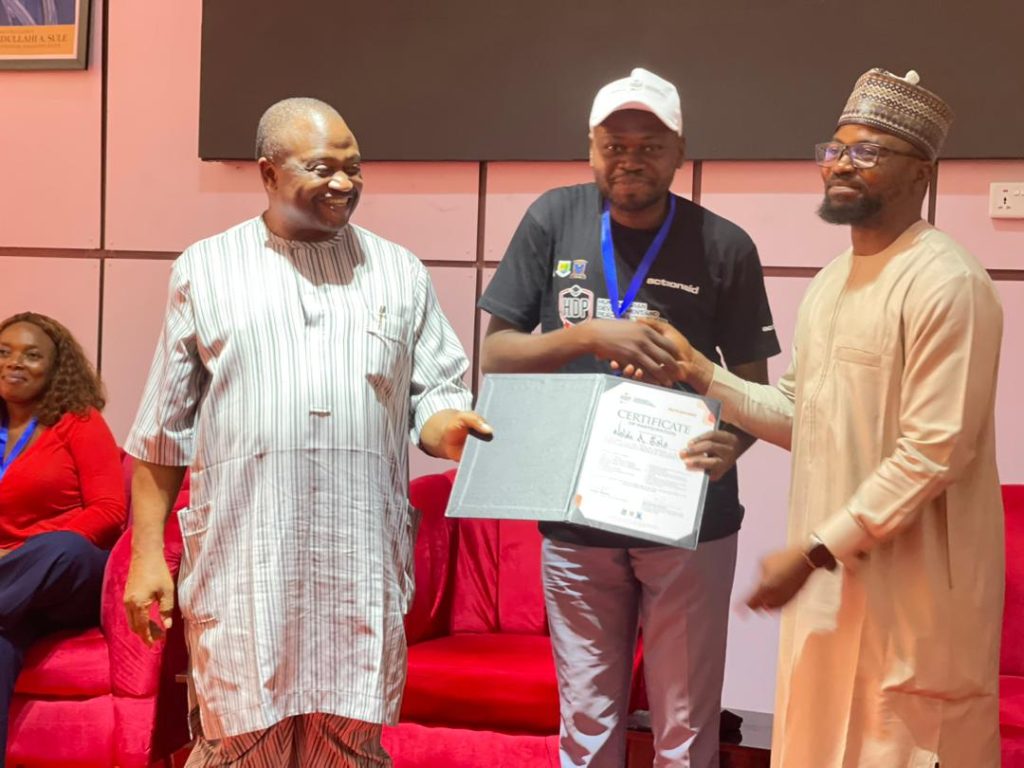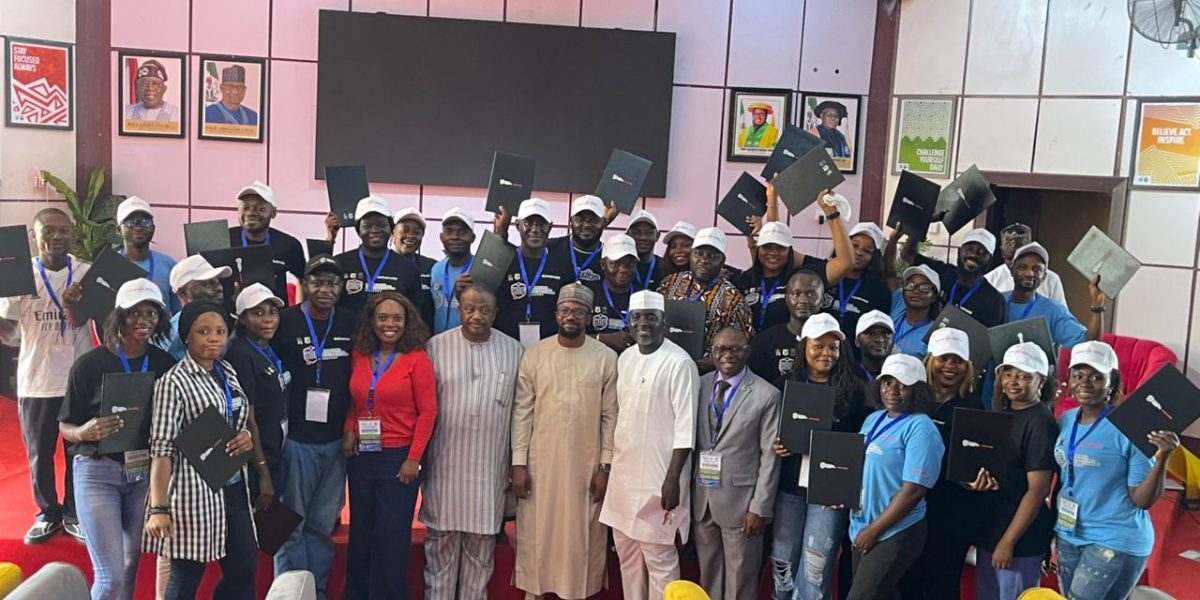







The recently concluded ActionAid HDP (Humanitarian-Development-Peace) Nexus training, themed “Sustainable Solutions, Collective Impact”, left a lasting impression on participants. The program, held in collaboration with the Institute of Governance, aimed to equip participants with the tools and knowledge needed to address the complex intersection of humanitarian, development, and peacebuilding challenges.
The training kicked off on September 23 at the NSUK Old Senate Chamber, where participants gathered for the first day of discussions and introductory sessions. From September 24 to 27, the program shifted to the **Professor Suleiman Bala Mohammed Auditorium, School of Postgraduate Studies, NSUK, offering a more immersive learning environment. The change in venue marked the beginning of in-depth sessions focused on practical strategies to implement sustainable solutions that create meaningful impact in communities.
Throughout the five-day training, participants explored various aspects of the HDP Nexus, learning how to integrate humanitarian responses with long-term development goals and peacebuilding efforts. The discussions highlighted the importance of collaboration among stakeholders to ensure that solutions are sustainable and cater to the needs of vulnerable populations.
One of the major highlights of the training was a field visit to a nearby community, giving participants a practical, hands-on experience. This allowed them to see firsthand how theoretical concepts could be applied in real-world settings, reinforcing the importance of locally-driven initiatives. The community visit was a key moment of the program, bringing the themes of sustainability and collective impact to life.
Participants expressed their appreciation for the training, commending the collaboration between the Institute of Governance and ActionAid for organizing such an impactful event. Many noted that the program had not only broadened their understanding of the HDP Nexus but also inspired them to take action in their respective fields.
As the training concluded, participants left with a renewed sense of purpose, ready to contribute to sustainable development, humanitarian efforts, and peacebuilding in their communities. The collective impact of such initiatives is expected to foster long-term change, driving progress towards a more peaceful and sustainable future for all.


